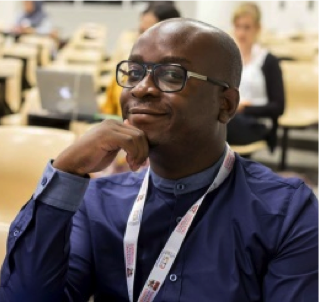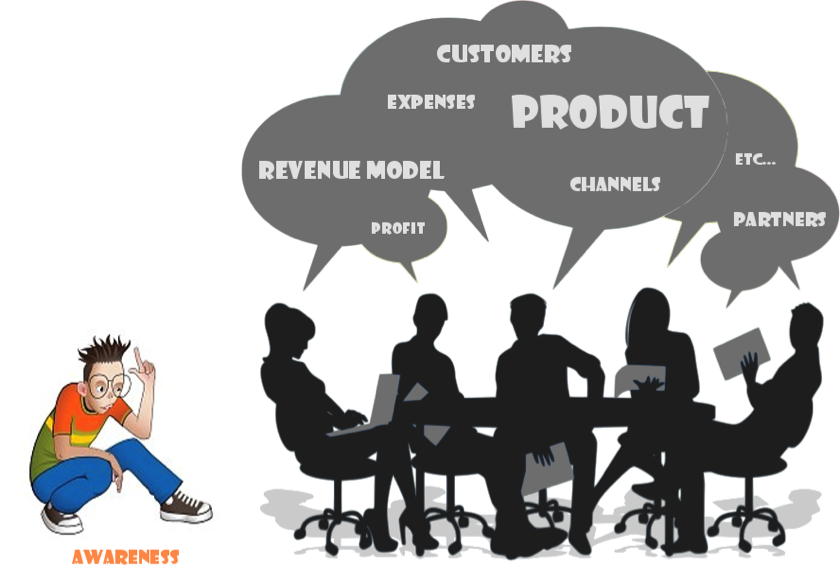 In 2013, the Shona E-Reader project, now known as MyNatiV, received a FIRE Africa Grant for its innovative text-to-Speech (TTS) E-learning application implemented on a low cost Android tablet to enable children in rural Zimbabwe to learn to read using their own languages. Since then, the project has gone from strength to strength and, in May 2016, the project was awarded a World Summit on the Information Society (WSIS) Champions Certificate for its efforts in advancing education in rural areas. Here, in part two of a three part series, project leader Ian Mutamiri writes about the issue of awareness.
In 2013, the Shona E-Reader project, now known as MyNatiV, received a FIRE Africa Grant for its innovative text-to-Speech (TTS) E-learning application implemented on a low cost Android tablet to enable children in rural Zimbabwe to learn to read using their own languages. Since then, the project has gone from strength to strength and, in May 2016, the project was awarded a World Summit on the Information Society (WSIS) Champions Certificate for its efforts in advancing education in rural areas. Here, in part two of a three part series, project leader Ian Mutamiri writes about the issue of awareness.
Hi, my name is Ian. I am an engineer. I am making mother-tongue learning tech for kids in Zimbabwe. It’s not translation tech, no. It’s tech that is specifically designed to help children learn to read in and write their mother tongue. Only a few children have benefited from it so far, as I am just taking it one child at a time after going through some insightful experiences. I am currently immersed in an endless loop of measuring, learning, creating – waiting for that ‘eureka’ moment to push an amalgamation of product and service aimed at educating the children of Africa in the spirit of its beautiful culture.

Source: http://landscapesofunderstanding.com/photo/15/Wrong-tool-color-illustration.html
I would like to talk about my problems. You may not agree with most of them, but they are still part of my experience. Maybe you can help me change perspective? In 2013 I spent much of my time on the product until I noticed there were issues surrounding the product, so I stopped. I stopped concentrating on the product in order to try and understand the people I was creating it for. Can we discuss the following problems and share some insights on possible solutions? (These problems may not apply to all innovations, for example entertainment, and obvious solutions in health, energy, agriculture and so on… so please, enter my world).
- PROBLEM 1: It is very difficult to make people (I have dealt mostly with Africans) aware of the benefits or importance of adopting a certain technological solution because they are unaware of the existence of the allied problem, or of the impending tragedy if that solution is not consumed promptly.
- PROBLEM 2: Our reaction time to the observance of a lack of awareness is terribly lagged, and due to (1), we (solution architects) spend a lot of resources (time, money, and brainpower; usually unbudgeted for) in the facilitation of awareness; and there is little to no resources left for the actual implementation.
- PROBLEM 3: We (solution architects) think that (2) is marketing.
- PROBLEM 4: Because we do not have the resources to withstand the time it will take to make people aware (resources including patience), we end up deploying solutions in a premature state – where the people just don’t buy into it.
- PROBLEM 5: (4) results in a meagre form of sustainability.
Awareness makes a very small part of the whole conversation on strategy, yet it seems critical to the foundation of the whole idea.

In short, I had a really hard time educating people on WHY the mother tongue and ICT (when coupled together) can play a very important role in effective and efficient education in these modern days, and WHY people need to keep learning their mother tongue in the first place. I am able to show this academically, but I am still trying to find ways of how people can really understand it. I was left with questions: Culture has always been a dynamic phenomenon (remember, our languages are our cultural heritage), but in a society where tech solutions alter or change the course that culture wants to naturally follow, is it possible to create solutions that are infused with the African ‘spirit’ – solutions that actually grease the natural path that culture wants to follow? Globalisation is good in many ways, but it is causing some languages to die out in favour of more commercially established languages, isn’t it our responsibility to preserve our heritage in some way (hint, tech)?
Let’s flood the comments section!
And, in the third and final part of this series, we'll take a look at the issue of sustainability.





